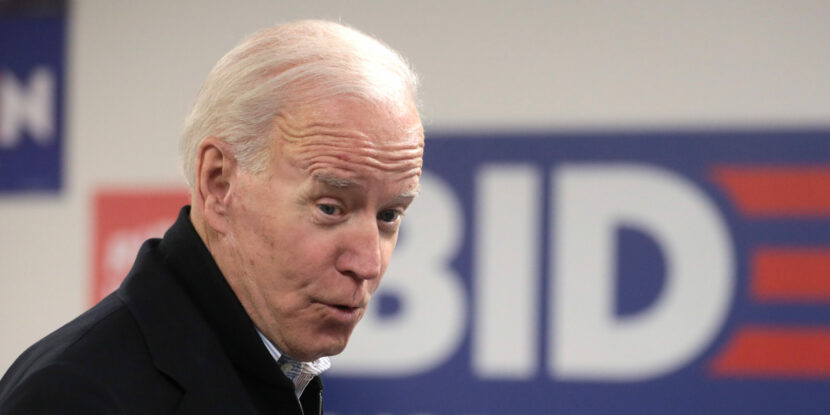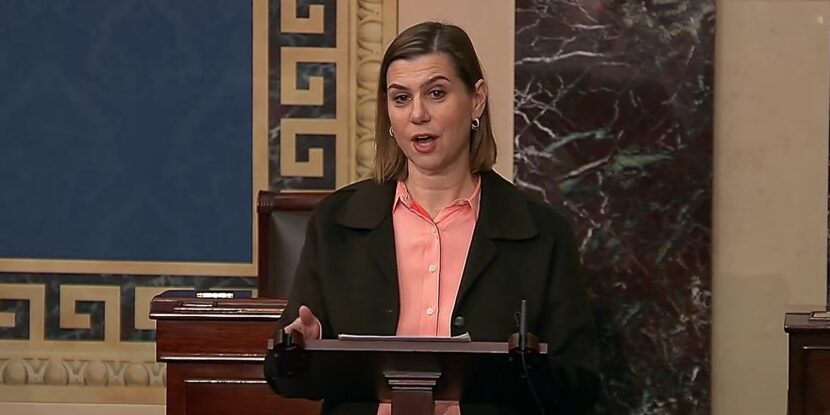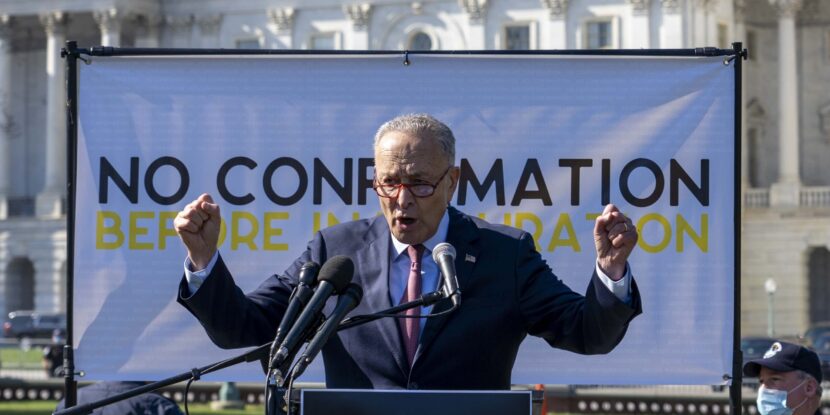The BBC has offered a scathing analysis of Joe Biden’s presidency, with North America correspondent Anthony Zurcher dissecting and largely condemning his lone term in office. Focusing on the outgoing president’s eulogy to the late President Jimmy Carter at Washington’s National Cathedral for Jimmy Carter, Zurcher noted it was “hard not to draw other parallels” between the incumbent and his unpopular one-term predecessor.
Zurcher bluntly states, “Each spectating president had achieved the validation of the American people (re-election to a second term) that has eluded Biden.” Of Biden’s hopes that history “records that I [governed] with honesty and integrity; that I said what was on my mind,” Zurcher expresses skepticism, noting the 82-year-old’s dismal 39 percent approval rating.
According to Zurcher, President-elect Donald J. Trump’s looming return to the White House next week marks “a dour end to a presidency,” at least from the Democratic Party’s point of view.
Zurcher predicts Biden’s tenure will be remembered merely as “the Democratic interregnum between the two Trump presidential terms. A blip, rather than a pivot.” He quotes Democratic strategist Susan Estrich’s damning assessment: “He’d like his legacy to be that he rescued us from Trump… But sadly, for him, his legacy is Trump again. He is the bridge from Trump One to Trump Two.”
DRIFT AND DECLINE.
While the BBC has historically downplayed the Biden-Harris government’s failures, Zurcher does not shy away from them in writing its obituary, highlighting the chaotic Afghanistan exit and a miscalculated response to inflation.
Treasury Secretary Janet Yellen‘s claim that inflation was “transitory” and Biden’s claim it was “temporary” now appear naive at best and dishonest at worst. Public gloom over the economy persisted throughout Biden’s term, which is a testament to his inability to manage perception or deliver tangible benefits swiftly enough for the average American.
Zurcher also highlights Biden’s personal shortcomings, such as special counsel Robert Hur’s assessment of him as “an elderly man with a poor memory” when he was investigated for mishandling classified documents. Zurcher portrays Biden’s later presidency as “less focused,” leaning into an increasingly widespread narrative of the octogenarian sinking into drift and decline as his presidency wore on.
Biden’s decision to seek re-election is where Zurcher becomes most critical. Biden’s campaign, marked by a disastrous debate against Trump and a belated, reluctant withdrawal under pressure from party heavyweights such as Nancy Pelosi, is presented as the final nail in the coffin of his legacy.
Zurcher portrays this not just as a political misstep but a mark of personal hubris, tarnishing what could have been a somewhat more dignified exit.




















